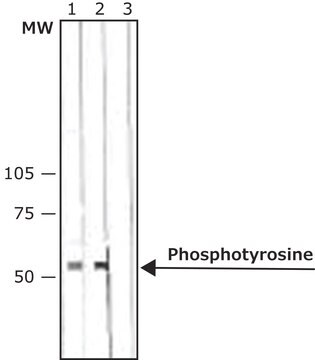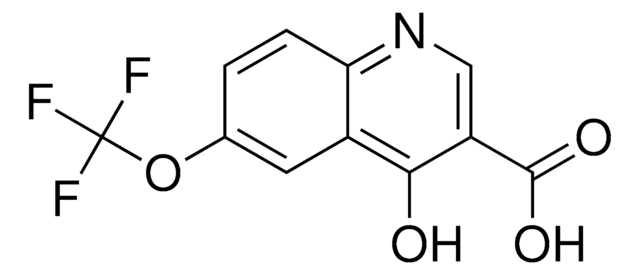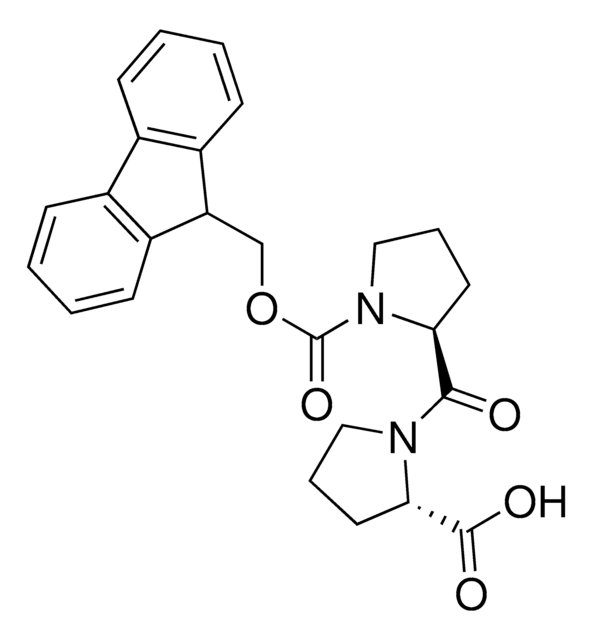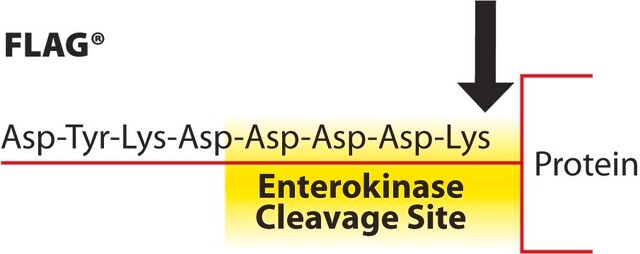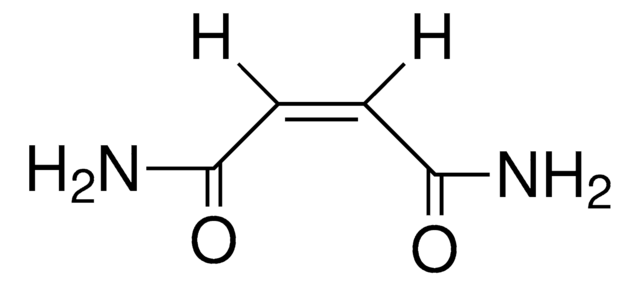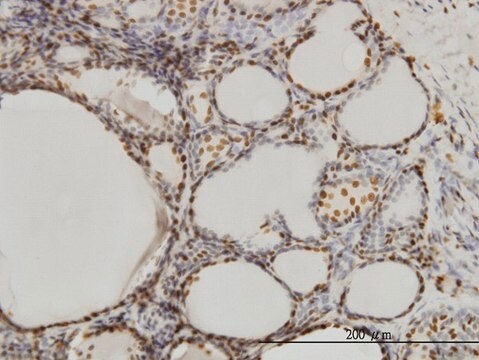P2860
Monoclonal Anti-PSF antibody produced in mouse
clone B92, purified from hybridoma cell culture
Sinónimos:
Mouse Anti-Polypyrimidine tract-binding protein-associated splicing factor
About This Item
Productos recomendados
origen biológico
mouse
Nivel de calidad
conjugado
unconjugated
forma del anticuerpo
purified immunoglobulin
tipo de anticuerpo
primary antibodies
clon
B92, monoclonal
Formulario
buffered aqueous solution
reactividad de especies
mouse, human
envase
antibody small pack of 25 μL
concentración
~2 mg/mL
técnicas
immunocytochemistry: suitable
immunohistochemistry (frozen sections): suitable
immunoprecipitation (IP): suitable
microarray: suitable
radioimmunoassay: suitable using cells
western blot: 2-4 μg/mL using whole extract of cultured HeLa cells
isotipo
IgG1
temp. de almacenamiento
−20°C
modificación del objetivo postraduccional
unmodified
Información sobre el gen
human ... TAP1(6890)
Descripción general
Inmunógeno
Aplicación
Immunofluorescence (1 paper)
Immunohistochemistry (1 paper)
Immunoprecipitation (1 paper)
- immunofluorescence
- immunohistochemistry
- immunoprecipitation
Acciones bioquímicas o fisiológicas
Forma física
Nota de preparación
Cláusula de descargo de responsabilidad
¿No encuentra el producto adecuado?
Pruebe nuestro Herramienta de selección de productos.
Código de clase de almacenamiento
12 - Non Combustible Liquids
Clase de riesgo para el agua (WGK)
nwg
Punto de inflamabilidad (°F)
Not applicable
Punto de inflamabilidad (°C)
Not applicable
Elija entre una de las versiones más recientes:
¿Ya tiene este producto?
Encuentre la documentación para los productos que ha comprado recientemente en la Biblioteca de documentos.
Nuestro equipo de científicos tiene experiencia en todas las áreas de investigación: Ciencias de la vida, Ciencia de los materiales, Síntesis química, Cromatografía, Analítica y muchas otras.
Póngase en contacto con el Servicio técnico